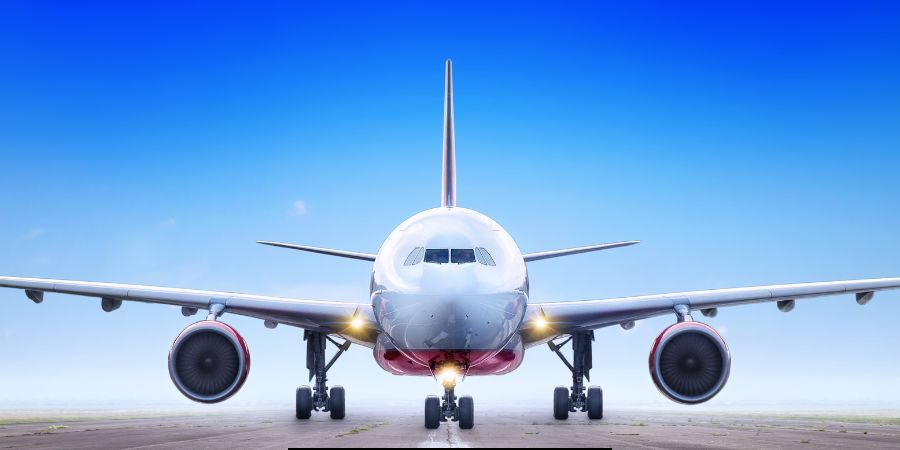Activist hedge fund Elliott Management has taken a $1.9 billion bite out of Southwest Airlines, and they’re not just here for the peanuts. They’re pushing for some serious changes at the airline, which they claim has been lagging behind its bigger competitors.
In a letter and presentation on Monday, Elliott declared their intention to replace Southwest CEO Bob Jordan and Chairman Gary Kelly with new faces. They believe Southwest has gone from being the teacher’s pet of the skies to the class clown, and they’re ready to bring in some new leadership to change that.
With this massive investment, Elliott is now one of Southwest’s largest shareholders, according to FactSet. They’re not messing around either – Elliott is ready to use every trick in the book to make these leadership changes happen.
Elliott wants a new CEO and chair to take the helm immediately. They’re not holding back in their criticism, pointing out that both Jordan and Kelly have been with Southwest since the ’80s and have overseen what Elliott calls a period of “stunning underperformance.” Traditionally, the airline industry prefers to promote from within, valuing in-house technical expertise. However, Elliott believes it’s time to think outside the cockpit.
In their presentation, Elliott singled out COO Andrew Watterson as the only Southwest executive with experience from another airline, suggesting it’s time for some fresh perspectives.
Southwest responded by stating that its board is fully behind their current leadership team, confident in their strategic plan to deliver long-term value, serve customers safely and reliably, and meet commitments to stakeholders. They acknowledged Elliott’s approach and promised to keep an open dialogue with shareholders.
Despite the board’s confidence, Southwest’s shares have taken a nosedive, dropping over 50% in the last three years, whereas Delta Air Lines shares have risen by about 10%, and United Airlines shares have dipped by around 7%.
However, following Elliott’s announcement, Southwest shares took a brief flight, rising 9% in late-morning trading on Monday. As of last Friday, the airline had a market cap of $16.6 billion.
From its humble beginnings as a small Texas carrier over 50 years ago, Southwest has grown into the largest domestic airline by passengers. However, it’s stuck to a conservative business model, flying one type of plane, offering one class of service, and not charging for checked bags. Meanwhile, competitors have been hiking fees and offering more perks, catering to passengers willing to pay extra for comfort.
Elliott dismisses Southwest’s recent upgrades, such as bigger overhead bins, better Wi-Fi, and in-seat power, as mere tinkering rather than real innovation.
Southwest’s leadership admits they’re exploring new revenue streams to keep up with competitors offering more perks. CEO Bob Jordan, who took over in February 2022, mentioned in April that the airline might rethink its single-class seating and boarding method.
“They missed opportunities to give customers the option to spend more,” noted Henry Harteveldt, a former airline executive and founder of Atmosphere Research Group. “A good retailer always finds ways to upsell.”
Elliott claims they’ve done their homework, spending 18 months researching and talking to former Southwest employees, shareholders, and over 2,000 flyers to understand why people choose Southwest.
Southwest has faced numerous challenges, including delays in getting new 737 Max planes from Boeing and shifting travel demands post-pandemic. They also had a major holiday meltdown at the end of 2022, costing over $1 billion and tarnishing their reputation for good customer service.
Elliott’s history shows they’re serious about leadership changes. Recent campaigns at Crown Castle and Sensata, as well as significant stakes in Texas Instruments, SoftBank, and Anglo American, indicate they’re ready to shake things up at Southwest too.




